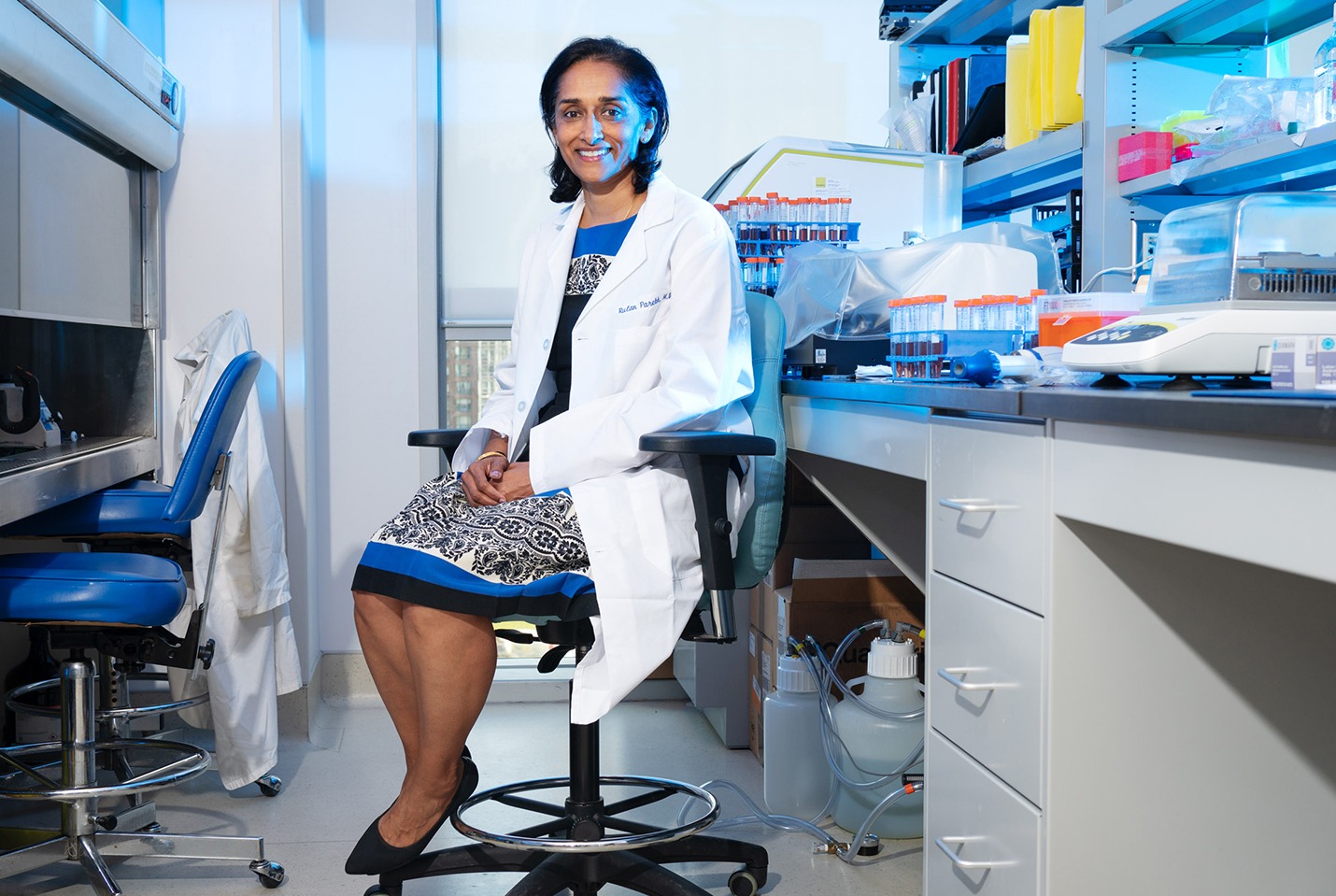Equity and diversity enable healthcare excellence and revolutionary advancements, and Women’s College Hospital (WCH) is steadfast in its commitment to mentoring the next generation of health scientists and clinicians who will help us shape the future of healthcare. Through programming such as the Emily Stowe Scholars Program (ESSP) and Women of Gairdner, WCH fosters greater community connections and enhances interest in the health sciences, particularly among youth from diverse backgrounds and structurally marginalized communities.
People from diverse communities continue to be underrepresented at all levels in the health sciences. Approximately 41 per cent of Canada Research Chairs identify as women, 22.8 per cent as people of colour, six per cent as a person living with a disability and 3.4 per cent as Indigenous. Put simply, health science often fails to reflect Canada’s demographic diversity. This lack of equity stymies innovation and prevents the research advancements necessary to enhance patient care and improve the health system for all.
For its inaugural year, the ESSP welcomed 21 students to participate in WCH’s Summer Student Research Opportunities. With a special focus on removing obstacles for individuals from underrepresented communities, the ESSP has a collective mission to engage, retain and support diverse scholars throughout their career trajectories. The program funds Black, Indigenous, racialized, Two-Spirit, trans, non-binary and persons living with disabilities who have been systemically and historically excluded in healthcare and health-science career trajectories.
“Support for diverse students can provide the inspiration to embark on a scientific career and lead to the next generation of scientists,” says Dr. Rulan Parekh, WCH’s VP of Academics and a clinician scientist. “For fellows, funding provides support to focus on mentorship, new areas of research and high-risk high-reward science.”
The students were partnered with WCH scientists providing mentorship and support to develop hands-on experience in cutting edge health science areas, such as digital health, transition-related surgeries, familial breast cancer and neurology. In addition to mentorship and networking opportunities, students were exposed to unique learning areas, including Indigenous health, and partnerships with other Toronto academic hospitals. Additionally, the program supports and funds five fellows – a mix of emerging leaders and established clinician scientists at WCH.
In an extension of its educational programming, WCH collaborated with the Gairdner Foundation to host Women of Gairdner, a panel event featuring Gairdner laureates Dr. Katalin Karikó and Dr. Deborah J. Cook, in October 2022. These renowned scientists shared insights into their unique career paths, their work and the challenges they have faced, as well as the need for greater equity within the health sciences.
The event specifically aimed to inspire students from diverse backgrounds and structurally marginalized communities. Ten Toronto-based high schools selected intrepid STEM-focused students to attend the event. They were joined by youth from community organizations and mentorship programs, as well as undergraduate students.
Invited students also had the opportunity to take part in related educational activity and networking event, where students got to know each other, as well as the WCH researchers and scientists in attendance.
“Women’s was energized by these bright young minds,” says Dr. Parekh. “It was truly inspiring to see so much engagement with the speakers – thoughtful questions and insights - and the activities that followed.”
The educational activity was hosted by Nadia McLaren, Manager, Indigenous Health Education, at the Centre for Wise Practices in Indigenous Health, and Suzanne Charles Watson, Director of Anti-Racism, Equity and Social Accountability, who encouraged students to work collaboratively to create vision boards using images and words that represent science.
We need innovative and dynamic health scholarship and research that reflects the realities patients face on a day-to-day basis to drive change in healthcare. The scholarship programs and events at WCH are shaping the future of healthcare, making it more equitable, inclusive and accessible to improve health outcomes for everyone.



